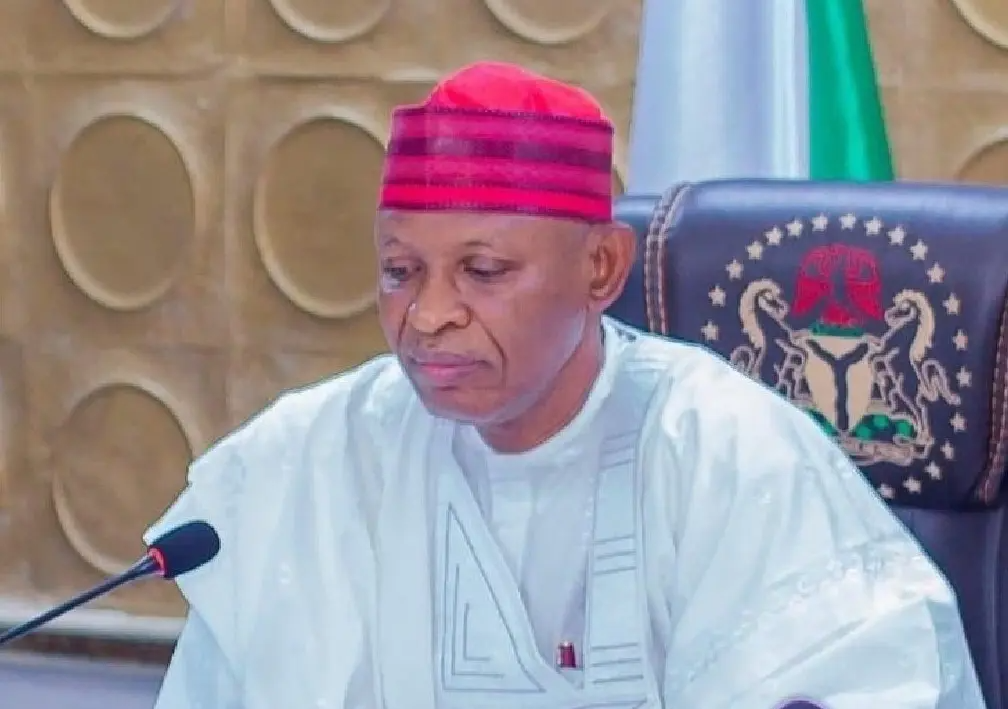In the heart of East Africa, Kenya recently found itself at a critical juncture with the unveiling of the Finance Bill 2024. This ambitious fiscal policy, aimed at bolstering government revenue to support a KShs 3.9 trillion budget, quickly became a focal point of controversy and public dissent. The proposed measures, intended to widen the tax base and increase revenue, sparked significant backlash and widespread protests across the country.
Demonstrations highlighted deep-seated grievances over economic inequality, the affordability of basic necessities, and a growing distrust in government intentions. As tensions escalated, the Finance Bill’s withdrawal marked a significant turn of events, opening a new chapter of uncertainty and reflection on Kenya’s economic management.
Ambitious Tax Reforms and Public Outcry
Kenya’s Finance Bill 2024 aimed to address the nation’s fiscal challenges through a series of ambitious tax reforms. These included an increase in excise duty on financial services, adjustments to motor vehicle taxes, a digital services tax targeting foreign companies, and proposed changes to Value-Added Tax (VAT) exemptions. The bill also introduced an eco levy on imported goods and deductions for housing and health insurance funds from employee salaries.
However, what seemed like a straightforward fiscal policy quickly escalated into a nationwide crisis. President William Ruto was forced to backtrack on the proposed tax hikes amid intense public outcry and protests, some of which turned deadly. These demonstrations underscored deep-seated grievances over economic inequality, the affordability of basic necessities, and distrust in government intentions. The Finance Bill’s withdrawal marked a significant turn of events, yet it opened a new chapter of uncertainty and reflection on Kenya’s economic management.
Tax Proposals and Economic Implications
The Finance Bill 2024 proposed several controversial tax measures aimed at augmenting government revenue streams. Among them were new levies on essential commodities such as bread, vegetable oil, and sugar, which sparked immediate public outrage. These items, considered basic necessities for many Kenyans, faced potential price increases that threatened household budgets already strained by inflation and economic uncertainty.
Additionally, the bill sought to impose a motor vehicle circulation tax based on vehicle value, intended to increase revenue from vehicle owners. This measure, while targeting higher-end vehicles, raised concerns about its impact on transportation costs and its potential to affect businesses reliant on efficient logistics and mobility.
The introduction of an eco levy on most manufactured goods aimed to promote local production and environmental sustainability. However, exemptions and concessions made amid protests highlighted the challenges of balancing economic policy with social equity and consumer affordability. The initial inclusion of sanitary towels and diapers in exemptions underscored the bill’s evolving nature and the government’s responsiveness to public pressure.
Government Response and Economic Realities
President Ruto’s decision to withdraw the Finance Bill and initiate austerity measures reflects a pivot in government strategy amidst fiscal challenges. The withdrawal, while appeasing immediate public discontent, poses critical questions about Kenya’s fiscal sustainability and its ability to meet development goals without jeopardizing economic stability.
Ruto’s commitment to budget cuts, starting with reductions in the presidency’s expenditures, signals an acknowledgment of the need for fiscal discipline. The Finance Ministry’s projections indicated that concessions on tax hikes would leave a substantial budget deficit of approximately KSh200 billion ($1.55 billion) for the 2024/25 fiscal year. Addressing this deficit without compromising essential services and social welfare remains a daunting task for Kenya’s leadership.
Lessons for Nigeria and African Nations
Kenya’s experience with the Finance Bill 2024 offers profound lessons for Nigeria and other African nations navigating similar fiscal landscapes. Central to these lessons is the imperative of balancing revenue generation with socio-economic equity and public trust. Tax policies must prioritize fairness and inclusivity to avoid exacerbating income disparities and social unrest.
Consultation and stakeholder engagement are critical in shaping effective tax reforms. Kenya’s protests highlighted the importance of engaging civil society, businesses, and citizens early in the policymaking process to mitigate backlash and ensure policy acceptance. Nigeria can enhance its policy formulation by fostering transparent dialogue and incorporating diverse perspectives into tax reform initiatives.
Moreover, tax reforms should be mindful of their economic impact across different sectors and demographic groups. Kenya’s proposed VAT adjustments on essential goods underscored the delicate balance between revenue generation and consumer affordability. Nigerian policymakers must conduct thorough impact assessments to mitigate adverse effects on vulnerable populations and ensure sustainable economic growth.
Supporting the digital economy while taxing multinational corporations responsibly is another key takeaway from Kenya’s experience. As Africa embraces digital transformation, policies should incentivize local innovation and entrepreneurship while ensuring multinational corporations contribute equitably to national revenues. Nigeria can leverage Kenya’s approach to digital services taxation to foster a competitive digital ecosystem that drives economic diversification and job creation.
Moving Forward: Dialogue and Reform
President Ruto’s pledge to initiate a dialogue with Kenyan youth reflects a recognition of the need for inclusive governance and responsive leadership. However, sustaining momentum for meaningful reform beyond the Finance Bill’s withdrawal remains crucial. Addressing systemic issues of governance, corruption, and economic transparency will be paramount in rebuilding public trust and fostering a conducive environment for sustainable development.
The path forward for Kenya and other African nations entails navigating complex economic realities while upholding principles of accountability and social justice. Learning from Kenya’s recent protests, policymakers in Nigeria and across the continent must prioritize comprehensive reform agendas that address systemic inequalities, promote fairness and inclusive growth, while also ensuring long-term economic stability for all.
Reflections and Imperatives
Kenya’s Finance Bill 2024 saga serves as a poignant reminder of the intricate interplay between fiscal policy, public sentiment, and economic stability. While the bill’s withdrawal marked a victory for protesters, it also underscored deeper challenges in governance and economic management. Nigeria, with its own fiscal imperatives and socio-economic complexities, can draw invaluable insights from Kenya’s experience to shape more resilient and equitable tax policies.
By prioritizing equity, consultation, and economic prudence, Nigeria and other African nations can chart a path toward sustainable development and shared prosperity. The lessons learned from Kenya’s fiscal turbulence underscore the importance of adaptive policymaking, stakeholder engagement, and transparent governance in fostering resilient economies and inclusive societies across the continent. As Africa navigates a dynamic global landscape, leveraging these lessons will be instrumental in forging a future where fiscal policies drive equitable development and empower communities to thrive.
Kenya’s journey with the Finance Bill 2024 not only highlights the need for responsive governance but also underscores the imperative of fostering a robust dialogue between governments and their citizens. Beyond withdrawing contentious tax proposals, sustained efforts to address systemic issues such as corruption, economic inequality, and youth empowerment are essential. These efforts are pivotal in rebuilding trust in institutions and cultivating an environment conducive to sustainable economic growth and social cohesion.
The path forward demands bold leadership, informed decision-making, and a steadfast commitment to inclusive development. African nations must harness the momentum generated by Kenya’s protests to enact meaningful reforms that uphold the principles of fairness, transparency, and accountability. By embracing these principles, Nigeria and its regional counterparts can pave the way for a future where fiscal policies not only raise revenue but also promote social justice and economic resilience for all citizens.

 4 months ago
7
4 months ago
7














 English (US) ·
English (US) ·